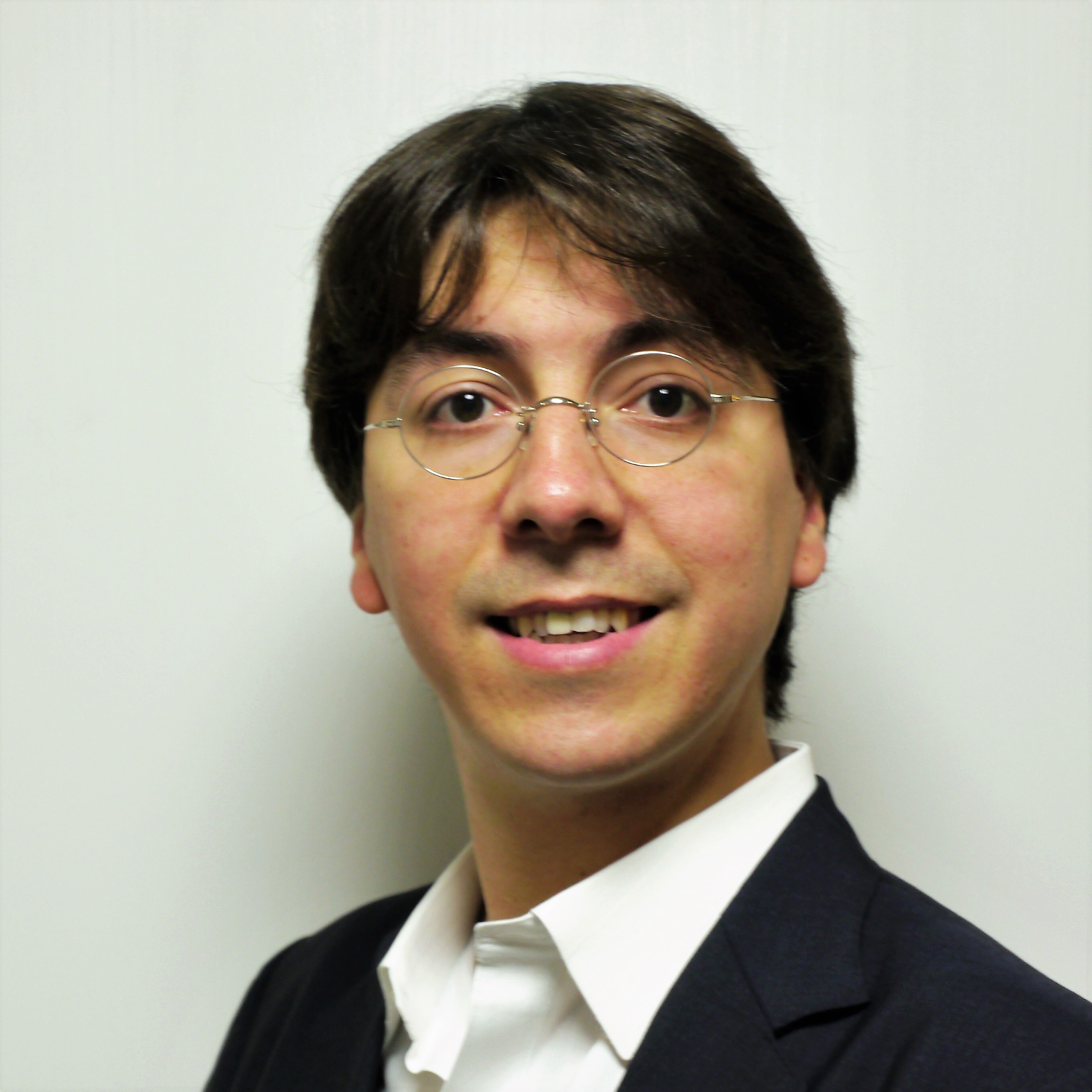環境共生研究部門・特定助教
PhD in Political Science (Tsukuba University)
Specialty: (Anti-)Corruption and Integrity

I am a Peruvian-Hungarian political scientist specialized in anti-corruption and integrity research. I started my career, fresh out of college, as an intern at the Office of the Prime Minister of Peru, where I joined the taskforce in charge of developing corruption-prevention policies for the Executive Branch. Drawing from this early experience in the public sector, I decided to dedicate my postgraduate studies at the University of Tsukuba to the research of social and political factors that sustain corruption in Peru. Since then, my academic activities have almost entirely focused on this topic, branching out to related issues (such as professional ethics and social norms) and fields of study (including social psychology and business administration). For the past few years, I have also been engaged in the construction of databases related to individual behavior and academic resources, with the goal of gathering sufficient data to develop a comprehensive model that combines micro and macro approaches to the study of corruption. I term such effort a quest for a unified theory of corruption, which would rely on an entirely multidisciplinary basis to integrate individual decision-making processes and sociopolitical dynamics into a general framework.
Indeed, my work during the past two years at CSEAS has been dedicated to setting up the basic elements of a system dynamics model of corruption, starting from a theoretical assessment of its behavioral core in historical perspective, and testing the cognitive and environmental determinants of corrupt decisions among common citizens. Solving these questions at the micro-level of analysis is necessary before moving on to organizational and society-wide processes, and the emphasis on interdisciplinary research found at CSEAS has been crucial in this respect. Moving forward, I considered it important to build a network of scholars with common (or complementary) research interests, both in Japan and abroad, in order to produce the type of model I pursue. To this end, I have recently founded the Japan Network of Anti-Corruption Researchers (JANAR) to host exchanges among Japan-based researchers and practitioners on anything related to the study of corruption and related topics, with an emphasis on good governance; and I have joined the European Consortium for Political Research’s (ECPR) standing group on (Anti-)Corruption and Integrity as a member of its Steering Committee. Both platforms are meant to provide the level of discussion that the study of corruption require, and I have hopes that they will also serve to bring it to the attention of the wider scientific community.
